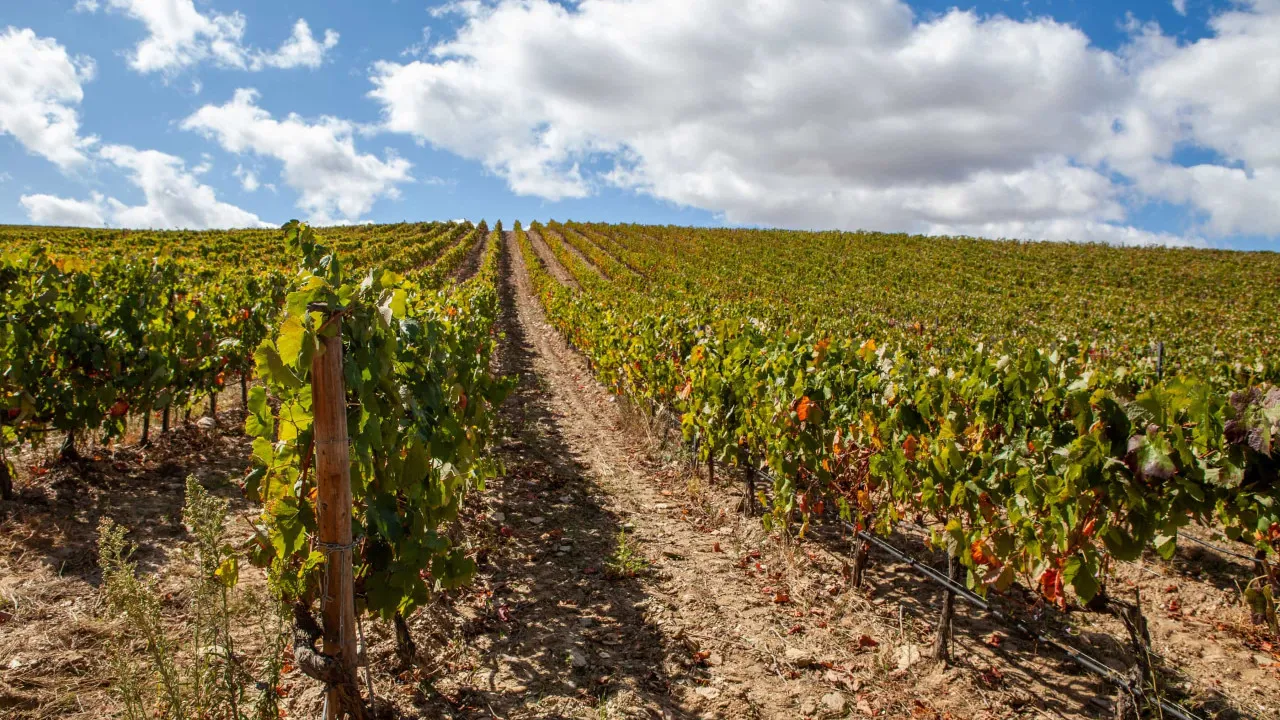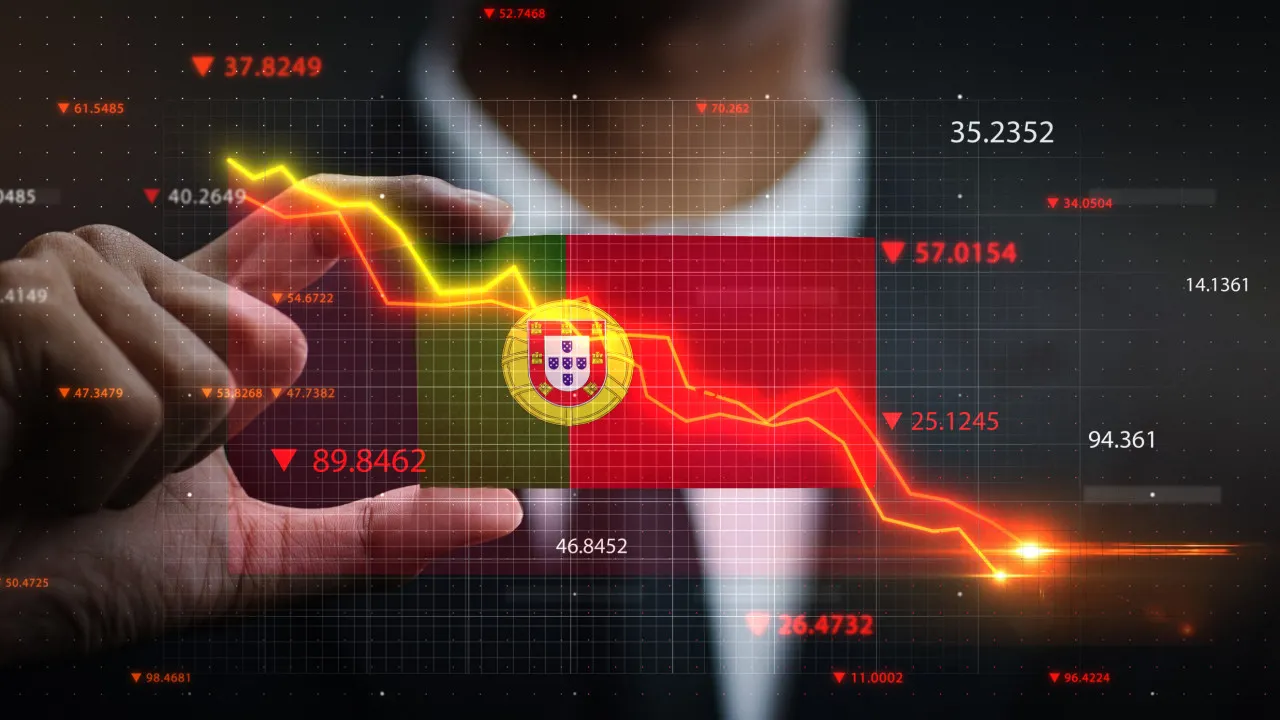
To highlight the worsening difficulties in the Douro Demarcated Region, stakeholders are mobilizing for a demonstration scheduled for Wednesday in Peso da Régua, Vila Real district.
Berta Santos, a leader of the National Confederation of Agriculture (CNA), has been distributing leaflets in the Douro region, encouraging participation.
“The situation in the region is concerning, and unless something is done for small and medium producers, we will soon see parts of the region abandoned,” she stated.
Today, she spent the morning at the fair and in the streets of Armamar (Viseu) and said it is increasingly difficult for farmers to continue working the land.
The call is for robust participation to draw the government’s attention.
One of the demands is the maintenance of the benefit in the 2025 harvest. The benefit, the amount of must each producer can designate to Porto wine production, was 90,000 casks (550 liters each) in 2024 and 104,000 in 2023.
“We do not accept cuts because the benefit is what keeps small and medium producers alive in this region. We want better grape prices because the production costs are enormous,” Berta Santos listed.
The Douro may face a third consecutive harvest with difficulty selling production, with companies and cooperatives already indicating they will only purchase grapes used for the benefit.
“What will the grape growers do with the remaining grapes?” she questioned.
At 80, Celeste Marques is determined to maintain the vineyard inherited from her parents in Lamego, but says it is becoming increasingly difficult.
“They will all end up in a heap because there are no conditions, nor staff, and the products used on the vineyard are very expensive,” she said, noting that on her two hectares, she expects to harvest fewer grapes than last year due to diseases affecting the vines. Last year, she picked 12 casks of wine, five of benefit.
Her production is delivered to a winery, and despite complaining about low prices, she points out the cooperative “pays properly.” For this year, she said she has already been warned they will only take the grapes for the benefit, as the winery claims its stocks are full.
Manuel Figueiredo, 61, a grape grower in Armamar, describes the situation for producers as “very complicated.”
“And if they cut the benefit even more, I don’t know what will happen to the farmer. The grapes no longer cover the ever-increasing expenses,” he emphasized, warning that the Douro “cannot live on tourism alone, because if there are no vineyards, tourists will not come either.”
He will participate in the demonstration on Wednesday to highlight “the harm in the Douro.”
Manuel Figueiredo has three hectares of vineyards, where he harvested four benefit casks in 2024, but once had 12. For consumption, he had 10 casks and managed to sell to a “company that accepted the grapes,” buying the Port wine cask for a thousand euros and the consumption cask for 500 euros.
“I hope it stays the same this year,” he stressed.
He has already made five treatments to the vineyard due to the unstable weather experienced in the spring, noting the increasing costs of the products.
Joaquim Carvalheira, 70, praised the company he works with, which takes all his grapes and pays well, noting that work on the vineyard is done with his son’s help because if he had to hire, it wouldn’t be viable. He expects to harvest fewer grapes this year and has also done five treatments to the vines.
António Lareiro, 71, has a small vineyard and said he “has not received” payment for the production delivered to a local winery for three years.
“If I lived off that, I would have abandoned it. The vineyard is small, the loss is not significant, but it is a loss,” he noted.
Acácio Correia, 67, removed the vineyard he had in the Armamar municipality and planted apple and cherry trees.
“If it doesn’t yield, it has to be removed; working for others isn’t worthwhile,” he said, noting he only left a few plots for personal consumption and that the income from the vineyard wasn’t enough to cover expenses.
The farmer said he opted for apples and cherries because “the product sells out.”
The demonstration also aims to demand the prohibition of buying grapes below production costs, prioritization of regional brandy in Port wine production, more supervision for the entry of musts and wines from outside the region, and the state’s purchase of surplus stocks from cooperative wineries.




